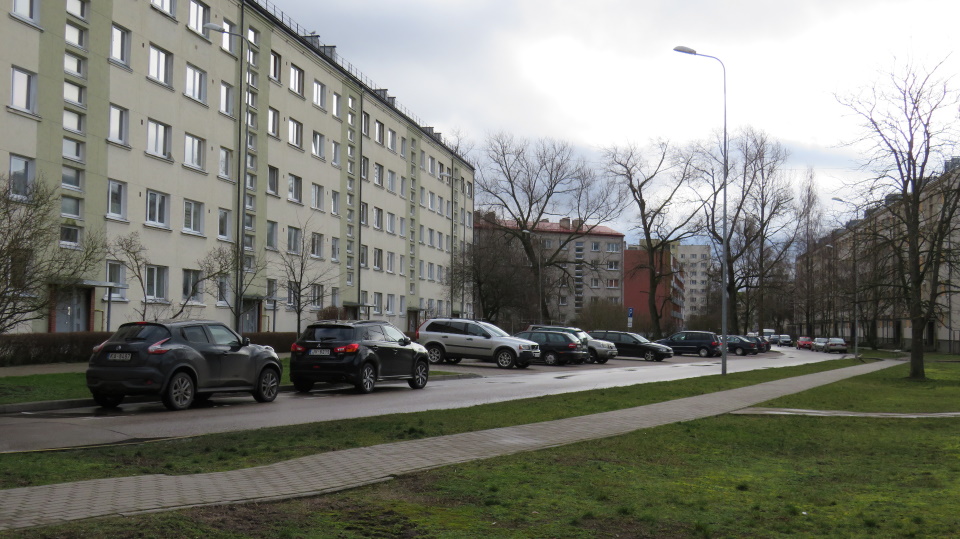Currently around 20% of households are on the rental market in Latvia, while the average of the European Union is 30%, according to Eurostat data.
The main purpose of the new rental law is to balance the interests of the landlord and the tenant. The current law was adopted nearly 28 years ago.
“It was a time when the economy only moved into the free market and denationalization was rapidly taking place, and the social tension was so pronounced that the law was initially on the side of the tenant,” said sworn lawyer Inita Jurka.
She estimated that balancing relations between the two sides would result in an active development of the rental market and would also boost housing affordability. Currently, the rental market is mostly composed of private persons.
“Accordingly, the shortcomings to the current arrangements are the non-existent rental market, the high proportion of the shadow economy, and the long legal proceedings that lead to the fact that the landlord has to pay utilities for the rooms occupied by the tenant, for a very long time, from their own pocket,” Jurka said.
Ober-Haus Latvia, Ltd. real estate expert Andis Bīriņš said that the new law will be more favorable to landlord who are often hostage to tenants.
“If it really works like this, then it will be a step forward. If the tenant doesn't pay, they can be evicted from the property without the long litigation. This is a very welcome step,” Bīriņš said.
Currently, the trial on this matter could take years.
Another significant benefit will be the reduction of shadow economy in the sector. “Because it can't be allowed that a contract has been signed and it doesn't exist anywhere. It can't be checked. I think that additional money will certainly flow into the State budget if these contracts are registered in the Land Registry,” Bīriņš said.
What does the new regulation entail?
The new framework provides for the possibility of strengthening rental rights. Rental contracts will be registered in the Land Registry and it would provide publicly available and reliable information on transactions, protect both new and existing tenants in the event of a landlord change and prevent entering into bogus contracts.
New contracts will have to be concluded for a specified period, which will be specified in the contract. Currently, many tenants of denationalized property have contracts for unspecified time periods. The draft law determines specific information to be included in the rental contract, such as the amount of rent agreed between the two parties when concluding the rental contract. The rental contract for the residential area will be amended by written agreement between the landlord and the tenant.
At the end of the term of the rental contract, the residential space will have to be freed unless a new contract is entered into, the draft law provides. Tenants will also be able to terminate the contract by giving prior notice to the landlord, while the landlord may do it only in accordance with the procedures specified by law.
To protect the interests of tenants more, the landlord is expected to be able to raise the rent only if the rental agreement contains conditions and arrangements for raising the fee.
The new law also provides for administrative responsibility in the area of rented residential spaces, including disturbances preventing a tenant, his family members and other housed persons from using rented residential accommodation, as well as situations where tenants in the residential area cannot use heating, electricity, cold and hot water, sewers, and household waste removal services. It is planned that the administrative violation process will be initiated by the municipal police, but the case will be examined and the decision will be taken by the administrative committee or sub-committee of the local government.
The draft law was initiated in 2018 but spent a considerable amount of time between Saeima readings.






























